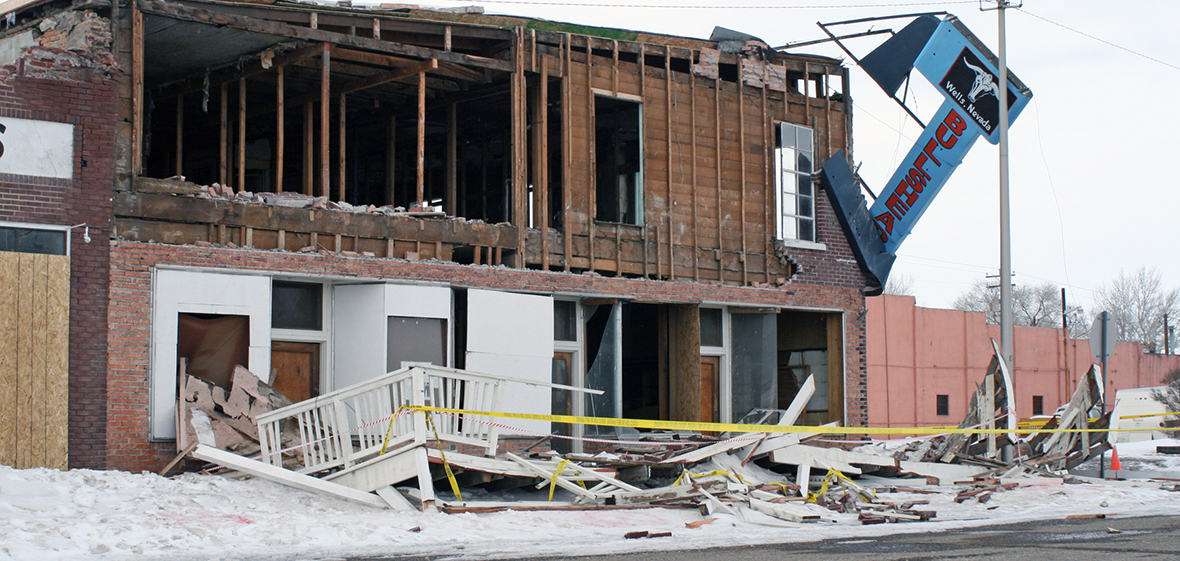The annual statewide public earthquake drill, the Great Nevada ShakeOut, is Thursday, Oct. 18 at 10:18 a.m. More than 580,000 Nevadans - and 58 million people in the worldwide drill - are already registered to participate.
"The beauty of this exercise is that it's really easy," Graham Kent, director of the Nevada Seismological Lab, said. "It's an easy way for people to practice how to protect themselves during earthquakes. It's an action that's proven to help reduce injury and death during an earthquake."
Participants of the drill are instructed to drop, cover, and hold on as if there were a major earthquake occurring at 10:18 on 10/18, and to stay in that position for at least 60 seconds - which is about the time it takes to register for the earthquake drill.
Drop, Cover, and Hold On is the technique promoted by the Great Nevada ShakeOut as the safest way to protect yourself during an earthquake. In the event of an earthquake, people are encouraged to drop to their knees wherever they are, then use one arm to protect the head and neck while using the other hand to hold on to a sturdy table or desk that you are underneath. If a person cannot find something sturdy to hold on to, they should try to get close to an interior wall, and use both arms to protect your head and neck.
In Nevada, earthquakes are not an exception, they are an expectation. It only takes one minute to register to participate, and another minute to actually participate.
"Whatever you do, don't run out of a building, that could be the most dangerous thing, with windows shattering, glass falling, or building materials coming crashing to the ground," Annie Kell, outreach coordinator for the Nevada Seismological Lab, said. "Not to mention in a violent earthquake you can be thrown to the ground and injured."
"Nevadans need to realize we live in earthquake country," Kent said. "Nevada has the third highest incidence of large earthquakes in the United States. A major earthquake in any community, north or south, is possible. We can't prevent an earthquake, so we have to be resilient, to be prepared so we can perhaps lessen the impacts on lives and economic destruction that a major earthquake can cause."
Residents are also encouraged to "secure your space," which includes retrofitting buildings to reduce damage and securing things within that building to prevent injury. Heavy belongings, furniture and falling objects can be a more serious and likely threat to personal safety than crumbling buildings.
Nevada lies within the Basin and Range Province, one of the most seismically active regions in the United States. Right behind California and Alaska, Nevada ranks in the top three states subject to the most large-scale earthquakes over the last 150 years.
To register as an individual, business, school or government agency or organization, go to the official website www.shakeout.org/nevada. All Nevada residents are encouraged to register and participate.












